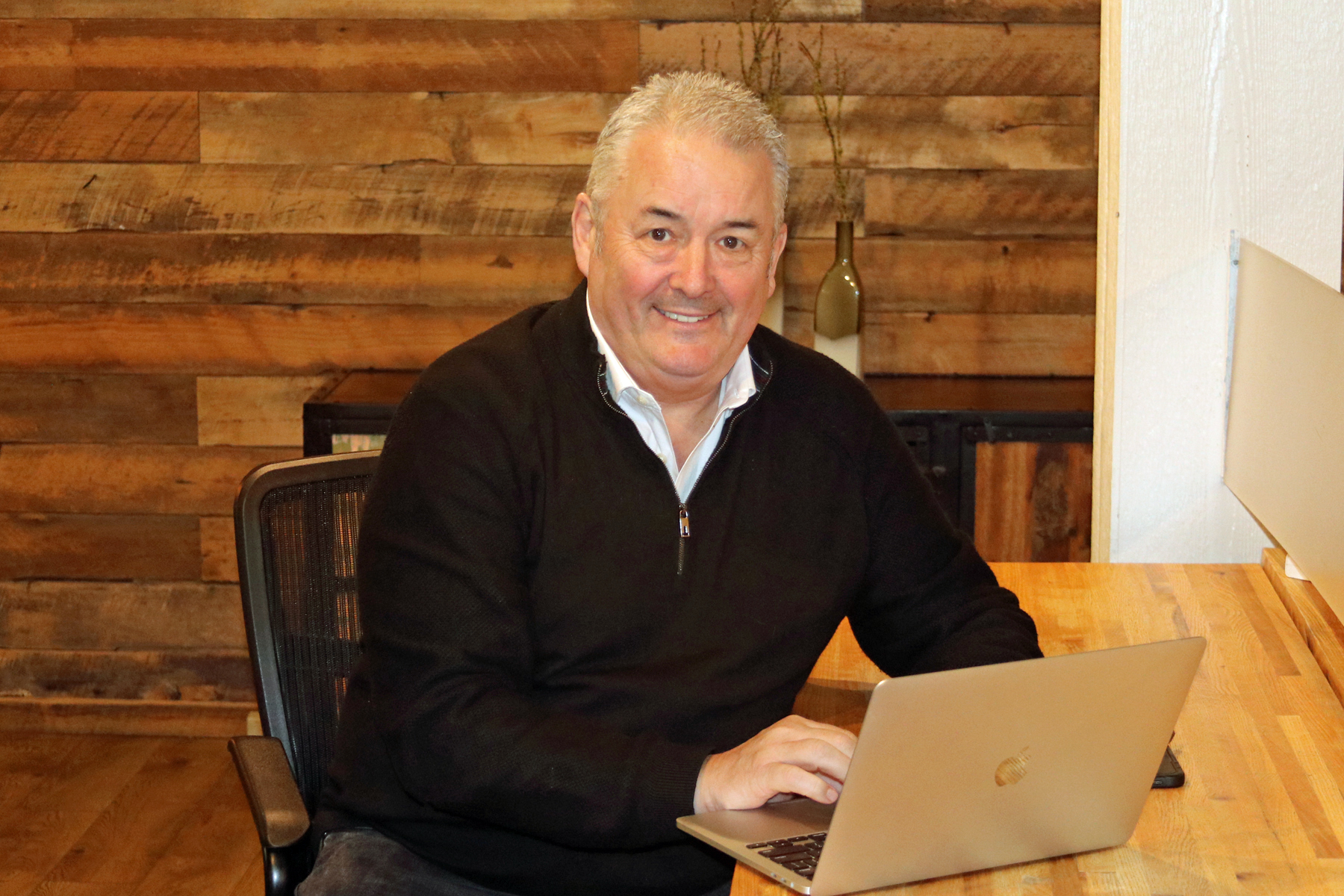In this interesting video, “The future of lying,” Jeff Hancock discusses how he believes that the anonymity of the Internet doesn’t encourage dishonesty. Many people believe that the Internet gives others more opportunity to be dishonest and lie about whom they really are. He disagrees with this and argues that the searchability and permanence of information on the Internet actually keeps people honest.
Within the video, he touches upon the subject of online resumes and LinkedIn profiles. Hancock states that online resumes and social profiles are actually more honest than we would think. So could LinkedIn be considered the “Lie Less” platform? It is typically pretty easy to find out when someone is lying about his or her skills or previous work history. For example, behavioral interview questions, back door references and even private investigators can help hiring managers catch the lies that may be in a candidates resume. Knowing this, many job applicants find that it would be better to “not be a fit” than to be caught in a lie.
So take a look at your online profiles and resumes. Are they just as honest as you would be in person, or are there areas of dishonesty/exaggeration? Remember the Internet is not untraceable and many times any lies you may have will come to the surface when it is for something that really matters.



